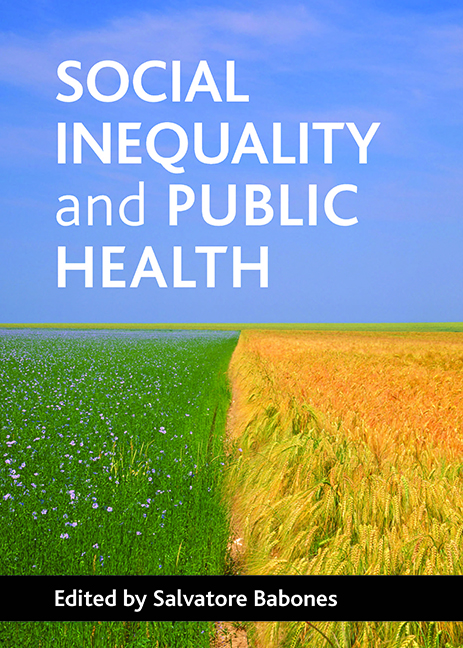Book contents
- Frontmatter
- Contents
- List of figures, tables, maps and boxes
- Preface
- Notes on contributors
- one Introduction
- Pathway 1 Differences in individual health behaviours
- Pathway 2 Group advantage and disadvantage
- Pathway 3 Psychosocial factors in individual health
- Pathway 4 Healthy and unhealthy societies
- Conclusions Public understanding of the new public health
- Index
four - Reinventing healthy and sustainable communities: reconnecting public health and urban planning
Published online by Cambridge University Press: 22 January 2022
- Frontmatter
- Contents
- List of figures, tables, maps and boxes
- Preface
- Notes on contributors
- one Introduction
- Pathway 1 Differences in individual health behaviours
- Pathway 2 Group advantage and disadvantage
- Pathway 3 Psychosocial factors in individual health
- Pathway 4 Healthy and unhealthy societies
- Conclusions Public understanding of the new public health
- Index
Summary
Introduction
The world has an unprecedented opportunity to improve the health and lives of billions of people by adopting practical approaches to meeting the United Nations (UN) Millennium Development Goals. The Task Force on Improving the Lives of Slum Dwellers has identified strategies for managing a projected near doubling of the urban population over the next three decades. We contend that this challenge can be met if local authorities and national governments work closely with the urban poor through open and participatory processes that give them a voice in decisions about the infrastructure and public services that affect their lives. Building on earlier work that aims to reconnect public health and urban planning, we identify four core themes that we consider as transferable best principles, which will be essential in bringing policies and programmes up to scale to meet the 21st-century health challenge of slums and cities: interdisciplinary engagement, gender equality, sustainable development and democratic institution building. By developing policies and programmes that are pro-poor, the health and lives of all of us stand to improve. Indeed, our best hope for reinventing healthy and sustainable communities is to place the urban poor at the very centre of policy formation and investment processes. In this way, the outcomes – healthy populations and sustainable communities – will take care of themselves.
Interdisciplinary scholarship and training
This chapter is written in tribute to our students at Columbia University, and by extension, to all past, current and future students who are committed to answering societies’ big questions (for example, ‘Will the poor always be with us?’ – see Darity, 2003) and solving the world's big problems (for example, achieving the UN Millennium Development Goals). Our ideas have been incubated in the course entitled ‘Interdisciplinary Planning for Health’ that two of us (Mary E. Northridge and Elliott D. Sclar) have co-taught over the past nine years and enhanced by the contributions of successive waves of students. Indeed, the three other coauthors were all former students on this course and conducted apt research used in conceiving our ideas and birthing this chapter (Emily Karpel Kurtz in 2004, Maryann Z. Fiebach in 2005 and Annie Feighery in 2006).
- Type
- Chapter
- Information
- Social Inequality and Public Health , pp. 45 - 62Publisher: Bristol University PressPrint publication year: 2009



